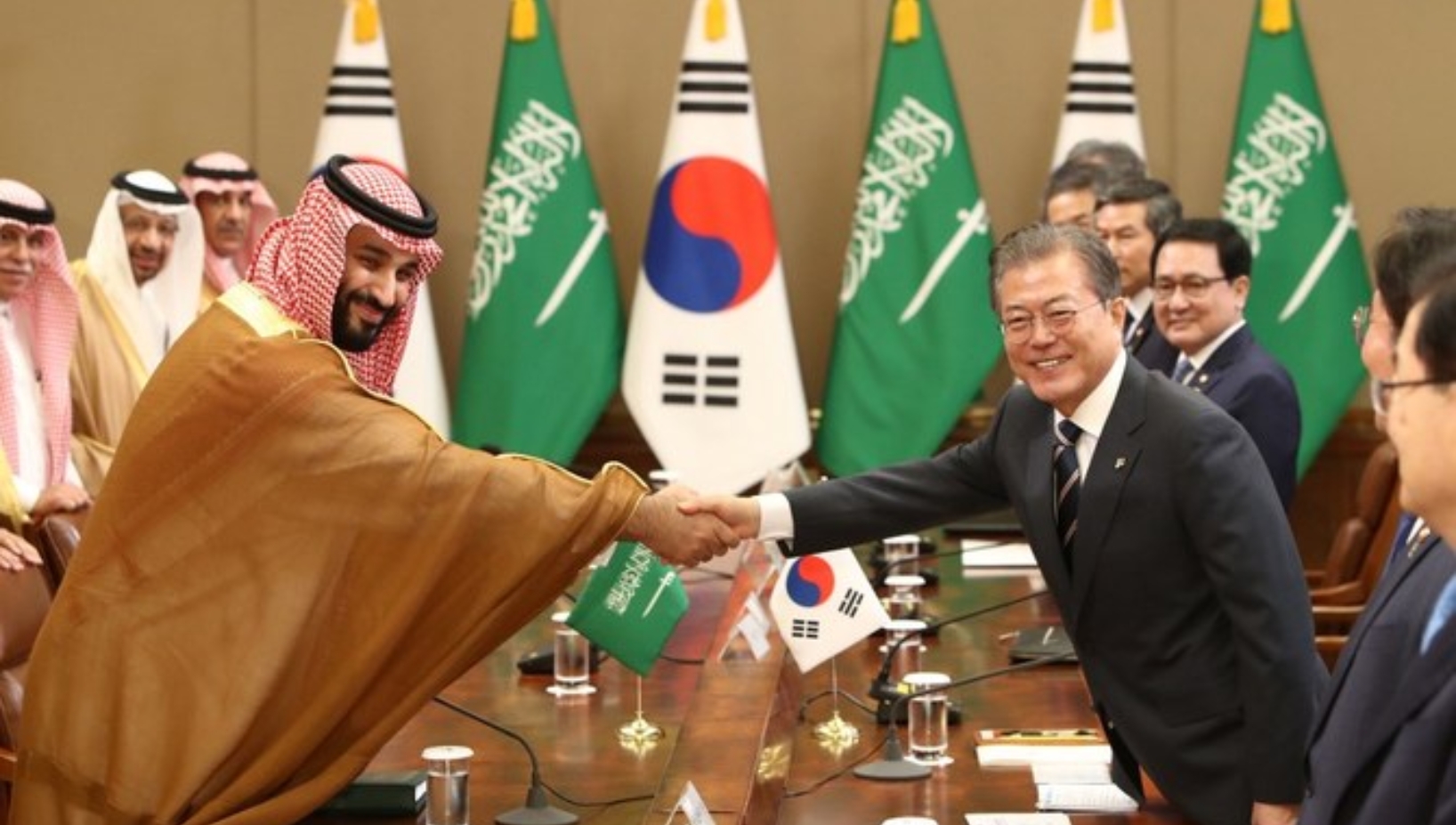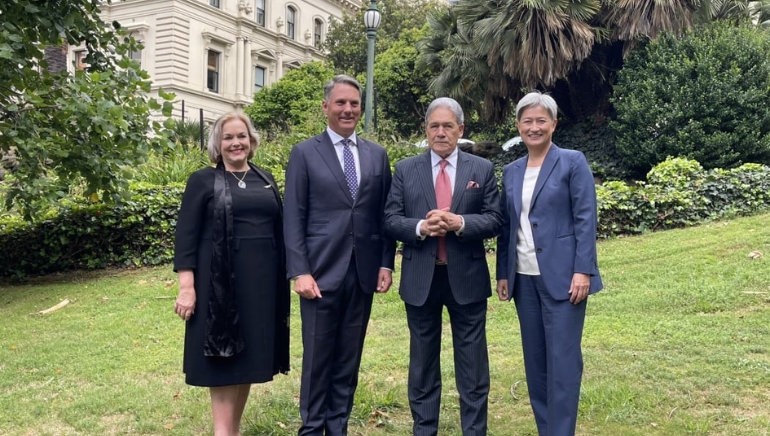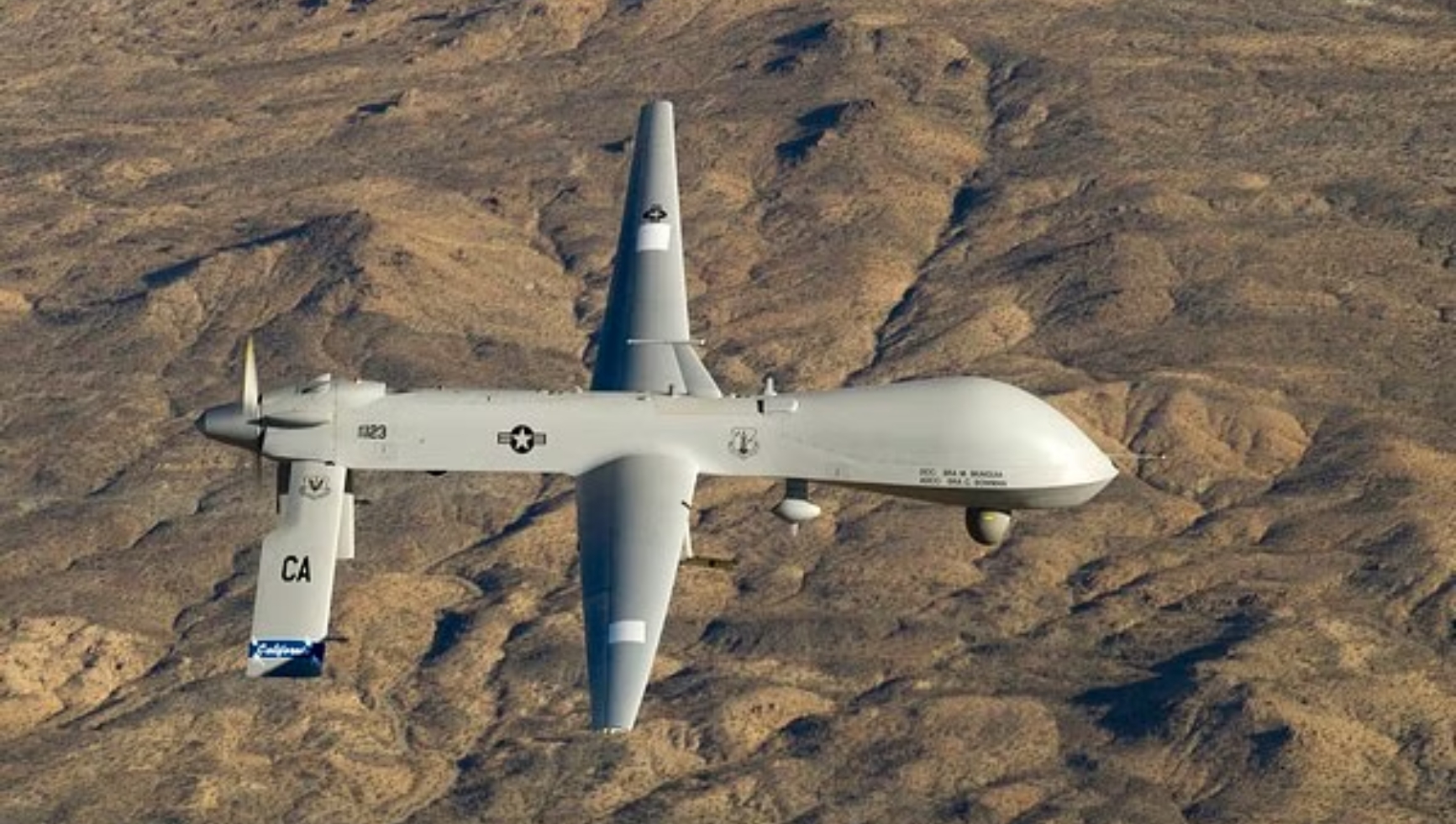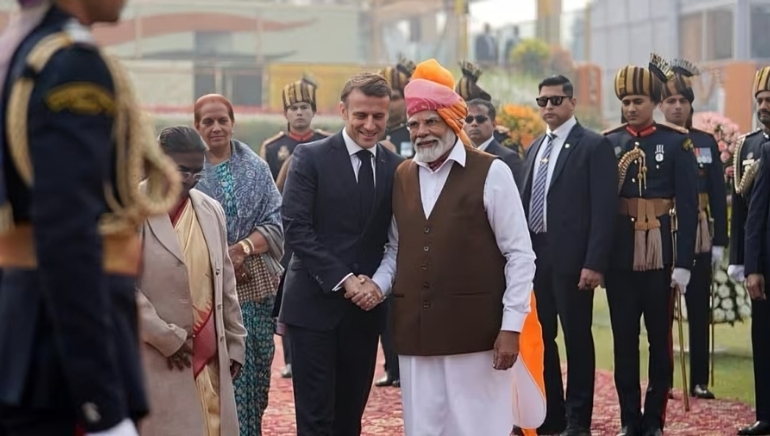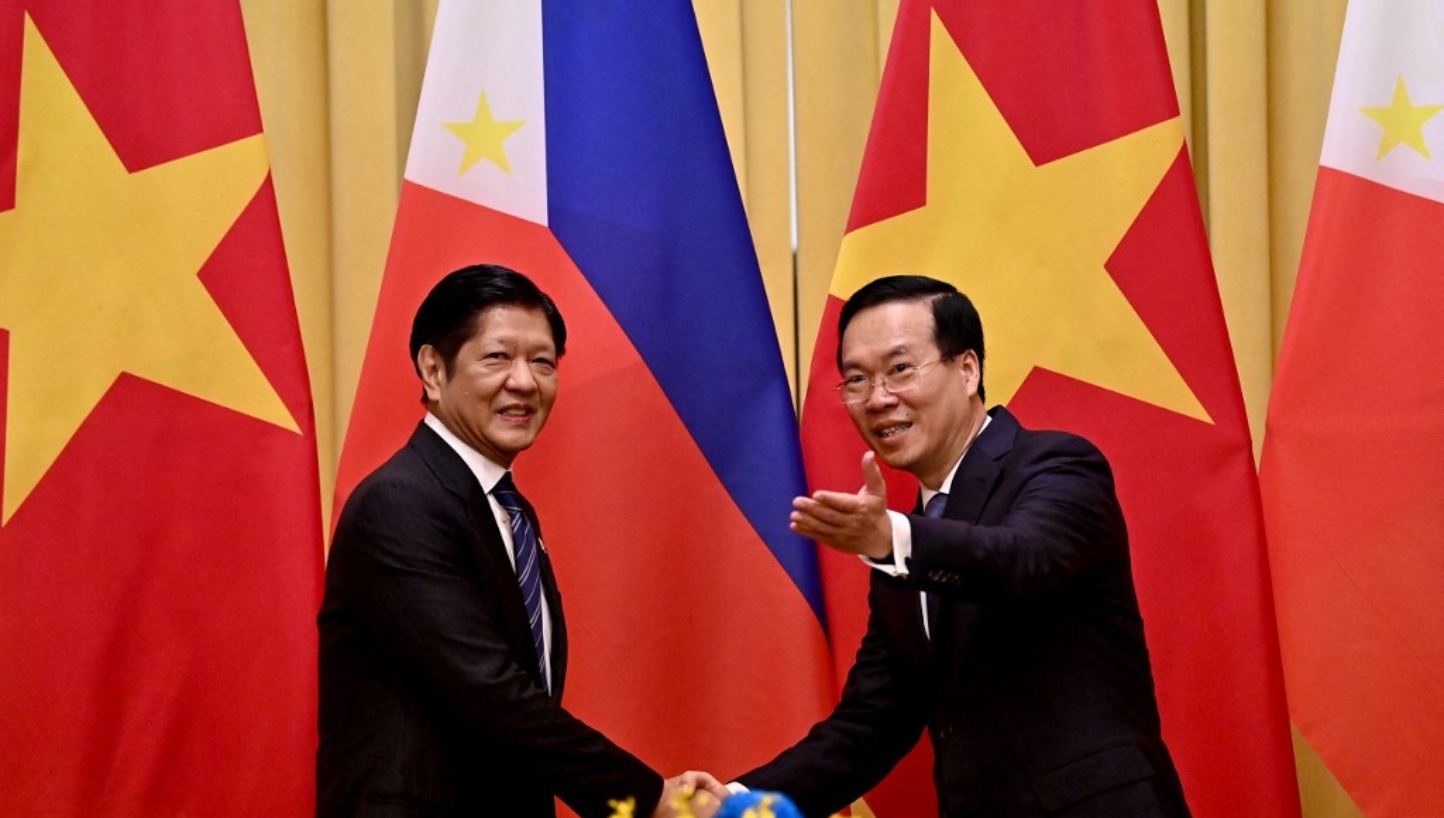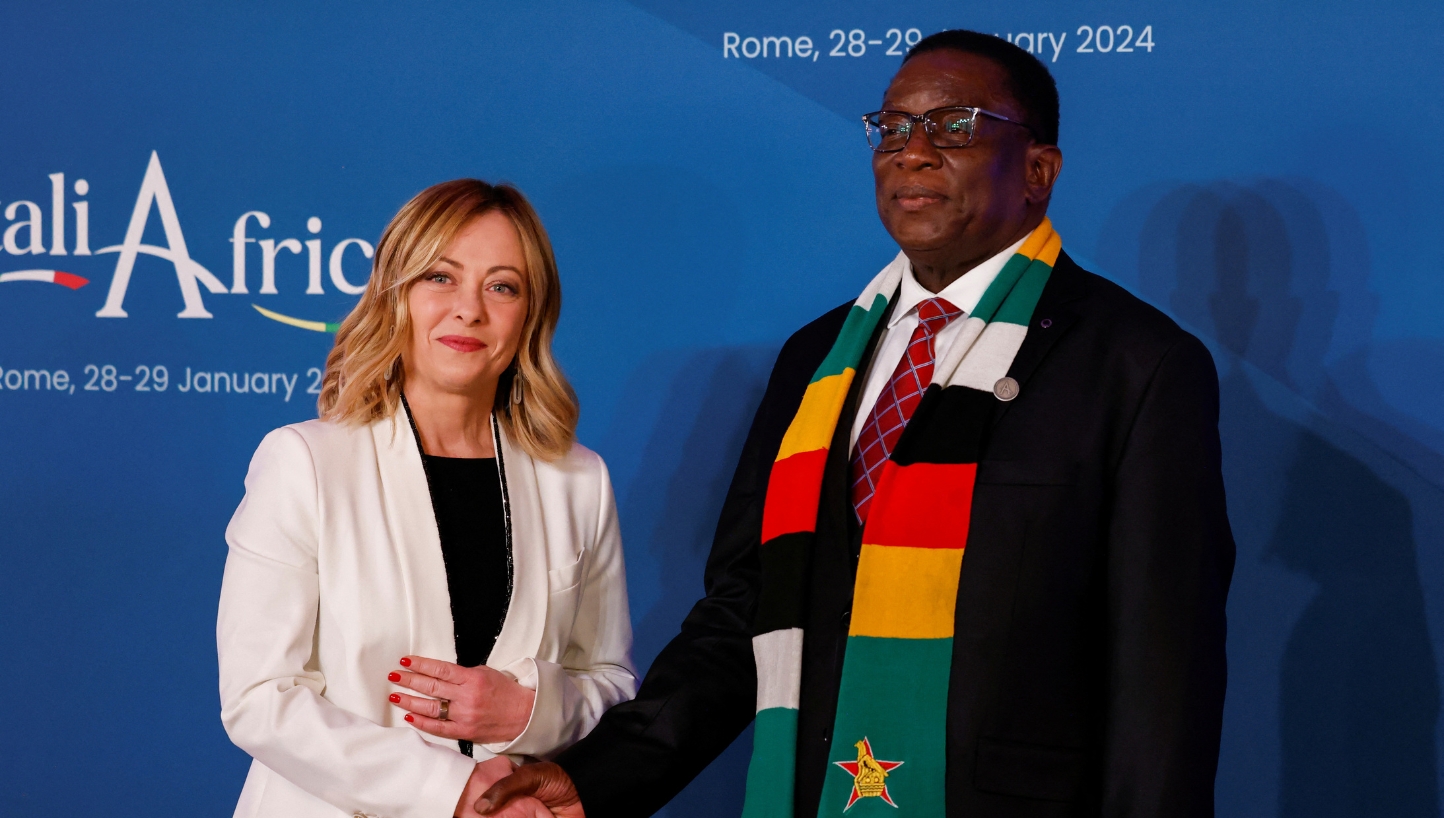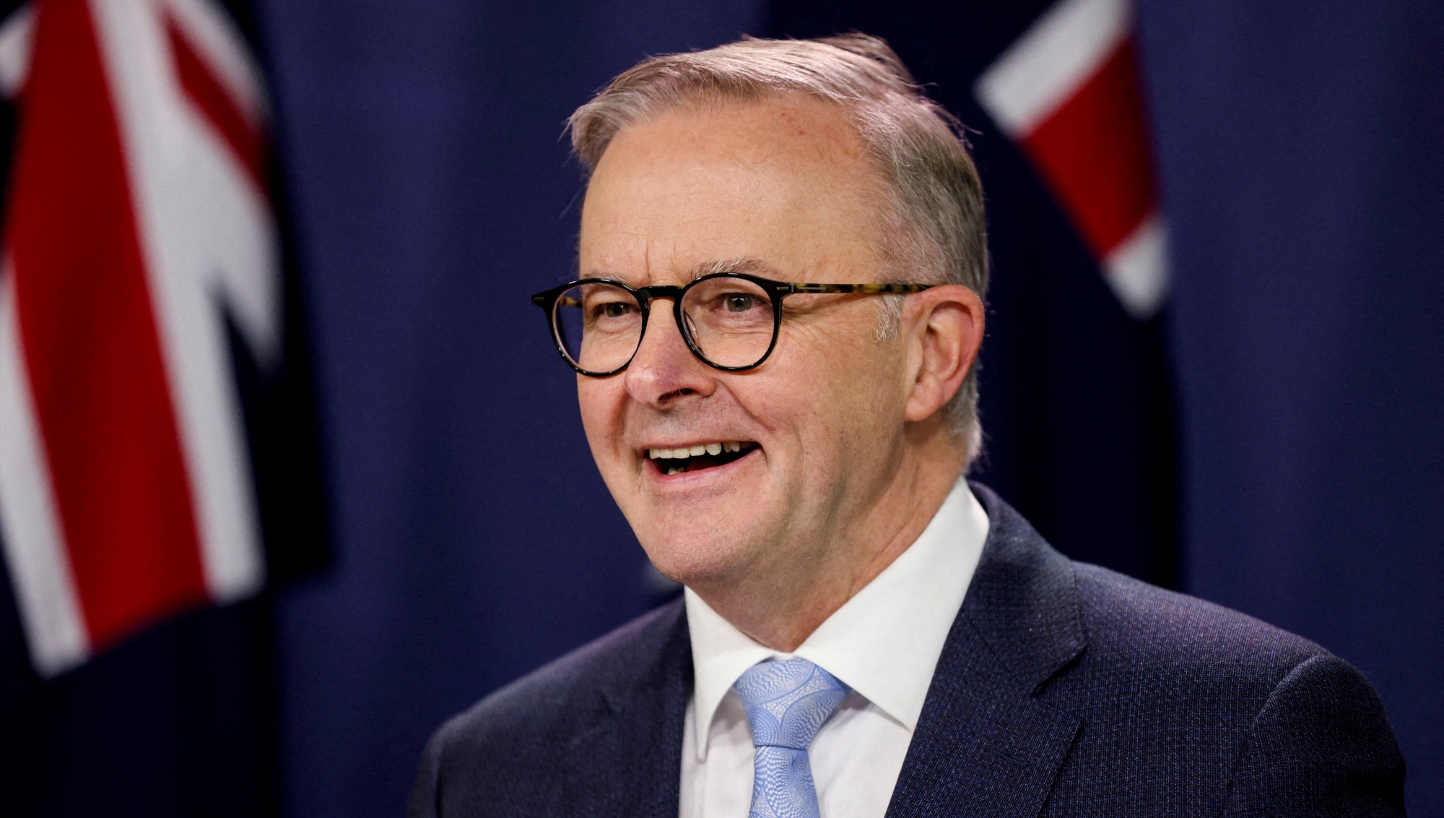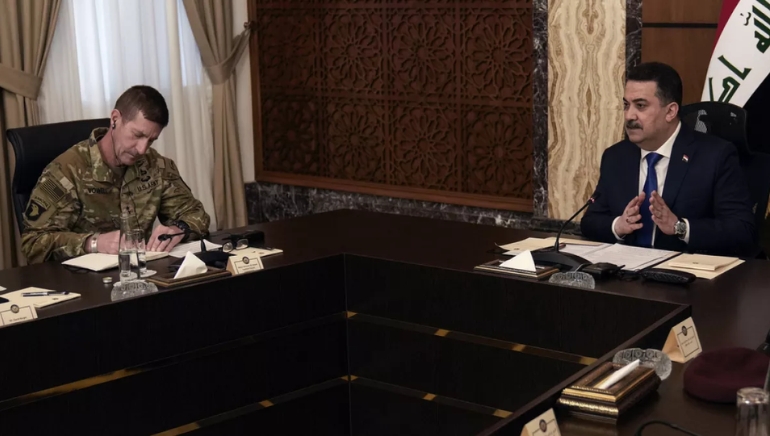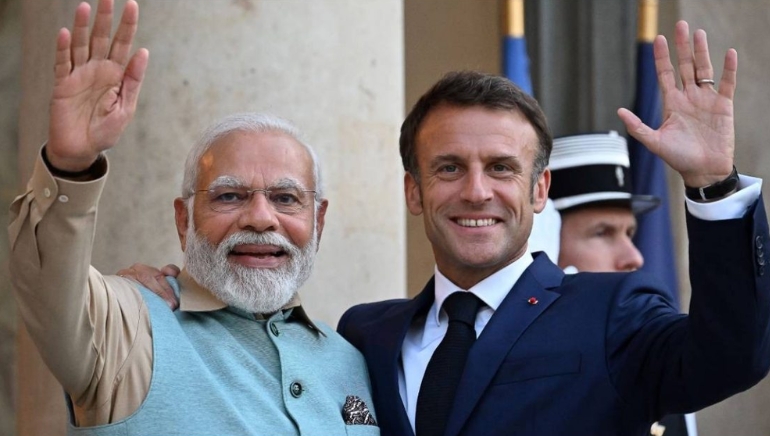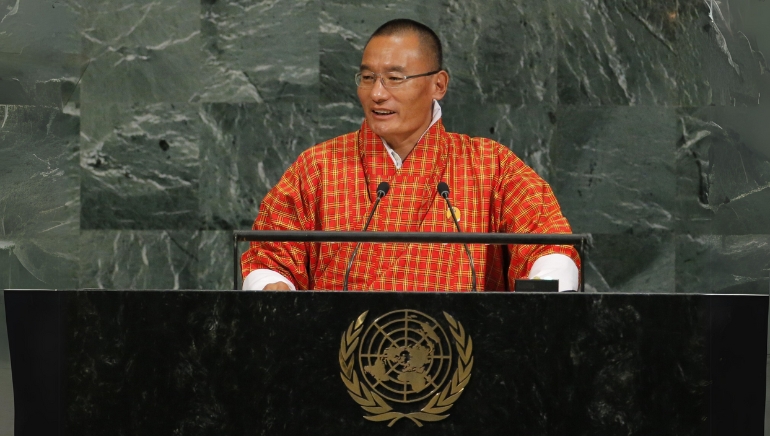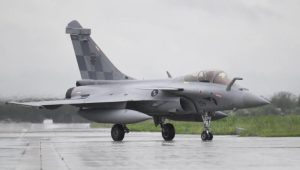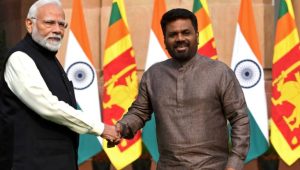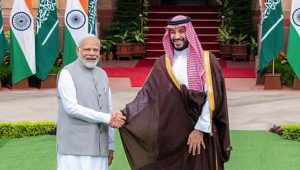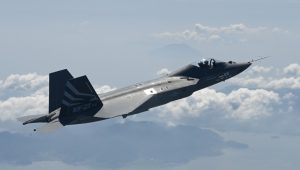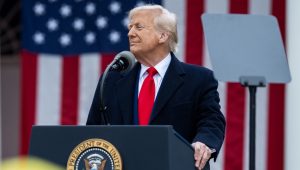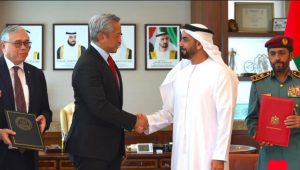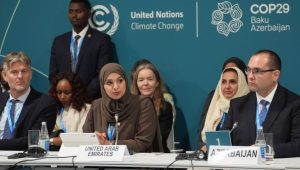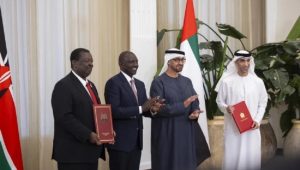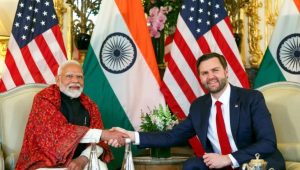South Korea and Saudi Arabia have solidified their defence cooperation by signing a memorandum of understanding (MoU) to expand defence cooperation. The deal was confirmed by Seoul’s Defence Acquisition Programme Administration (DAPA). The MoU establishes a joint committee to facilitate collaboration in weapons systems research, development, and production.
The agreement was formalised during the visit of South Korea’s Defence Minister Shin Won-sik to Riyadh for the World Defence Show where he and his Saudi counterpart, Khalid bin Salman Al Saud, were present during the signing ceremony. South Korea aims to bolster its arms sales and solidify its position as a major global weapons supplier. However, the specific details of the agreement were not disclosed.
South Korea’s arms exports surged to $17 billion in 2022 from $7.25 billion the previous year. According to the Korea Chamber of Commerce and Industry, the nation’s arms shipments to the Middle East increased almost ten times between 2013 and 2022.
South Korean companies such as Hanwha, Poongsan, and LIG Nex1 have already secured deals worth approximately $989 million with Saudi Arabia for various defence systems. This signing underscores South Korea’s commitment to expanding its defence partnerships and capitalising on opportunities in the global arms market.





